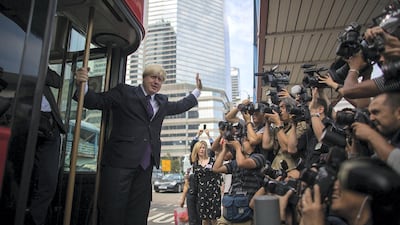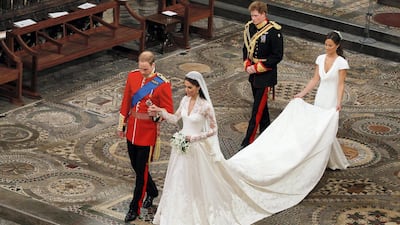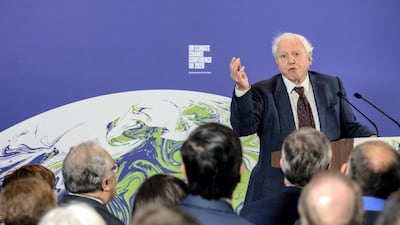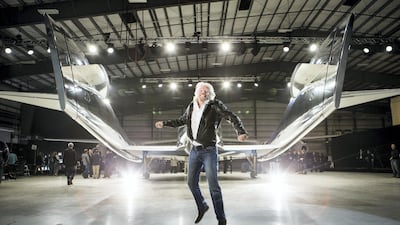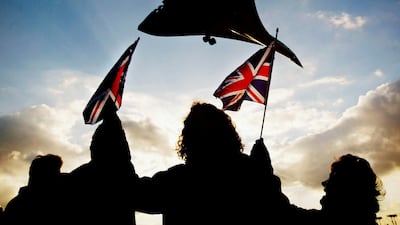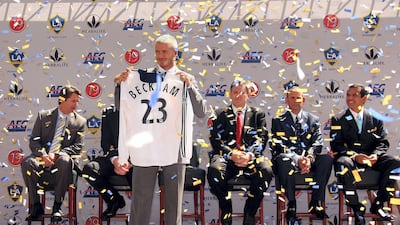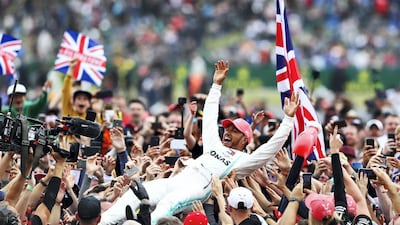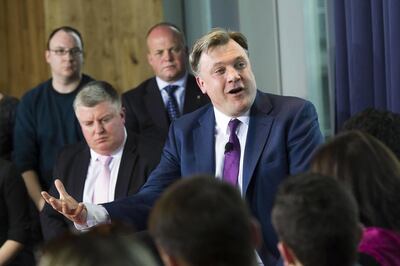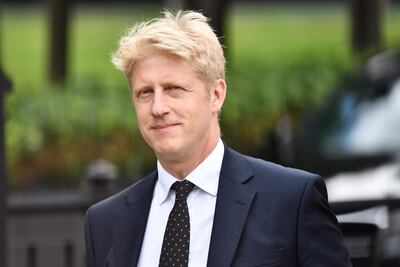Boris Johnson has been handed a template for turning his dream of a Global Britain into reality by big hitters from across the political spectrum.
Getting the country “match fit” to strike deals, remaining humble and showing leadership without antagonising neighbours sit high on the priority list as Mr Johnson tries to map out a route away from the EU to the uplands of greater prosperity.
When he came to power, he promised to create a country able to sit at the top table of international trade.
A key point of Brexit, Mr Johnson said, was to detach from the giant trade bloc and strike rewarding deals, reaching untapped markets without the restriction of EU regulation and collaboration.
Now, an influential group of politicians, economists and diplomats have contributed their ideas on how to forge a political consensus that will at very least not leave the country worse off.
One of the UK’s leading thinkers on politics and economics, Ed Balls, led a paper on how to present Britain’s new face to the world.
Mr Balls said that the key challenge for the government was to turn the political slogan of Global Britain into an economic reality.
The Harvard University paper, Finding Global Britain, says the UK is embarking on "the most significant shift in its economic policy" since it joined the EU.
The pandemic crisis, climate and tensions between China, Russia and America could all offer opportunities for Britain to “showcase its ability to lead, outside the EU, on the global stage”, the paper says.
Finding a balance
Any thoughts that Global Britain has a “hubristic expectation” of a return to imperialism with 19th-century levels of colonial trade and political dominance should be firmly quashed.
But by the same token the UK does not need to become “Britain Diminished”, with the pessimistic outlook that post-Brexit means years of economic and political decline.
With an opportunity to re-establish its global standing by hosting the G7 and Cop26 climate summit this year, the UK’s approach should be as a collaborative equal rather than “Britain knows best”.
That mentality cost the UK dearly at the outset of Covid-19 pandemic, the paper said, but the current vaccine success shows Britain as an “outward-looking, humble and progressive player”.
Beyond all else it is vital to retain good relations with the EU which, even if there were a multitude of other trade deals, would still remain Britain’s biggest business partner.
But therein lies a danger, in that antagonising Europe could severely handicap trade, Labour’s Emily Thornberry said during an online debate on the report.
“Boris Johnson told us that global Britain would just happen if we just all closed our eyes and believed strongly enough,” said Ms Thornberry, the opposition party’s spokeswoman on international trade.
“And we've chosen as a country to go through that pain because of the fervent belief of this government that the gains to be had from us doing free trade deals with the rest of the world will, in the end, outweigh the losses from damaging our trading relationships with Europe. And that's it …”
Mr Balls, a former Labour minister, drew attention to another pitfall for Mr Johnson.
He said that giving too much sway to the “very rustic, backward-looking, nationalist, ‘little England’” for political gain would “be a disaster for us on the international stage”.
“If the government was to take a view that the Europeans are no good and we were better, that would be damaging to us,” Mr Balls said.
Britain’s success will depend on how it moves away from EU trade.
The trick is to strike new trade relationships that will not antagonise the EU, the report suggests.
The best deals for Britain
It also warns that long-term multilateral deals are difficult and quickly struck bilateral agreements offer only marginal benefits.
“When looking at trade strategies at this minute it’s a pretty murky world,” said Wayne Swan, the former Australian finance minister.
“It’s fair to say that there is much to learn about how to operate in a less friendly world.”
The debate also heard from Mr Johnson’s brother, Jo Johnson, a former Tory MP and universities minister, who broadly set out how he thought Global Britain could be successful.
“We need to earn our place in the world and we need to get out there and get match fit,” he said.
“In doing so that will require heavy investment in skills, in training, investment into hard and soft infrastructure, schools, hospitals, railways, airports and so forth.”
Examining the areas for brokerage
Britain’s expertise and international standing in financial services, climate change and global taxation are “areas for brokerage", the report said.
The UK could show leadership on the pandemic recovery through technology and multilateral tax reform, while also becoming a leader in the vaccination race driving “post-pandemic resilience”.
“We’re bigger than Singapore and Canada and more confident as a global player than Japan,” a Cabinet Office official told the authors.
“Between the US and EU, we must be smart and nimble.”
Global Britain needed to be a “leapfrog strategy", suggested Tony Danker, former director general of the Confederation of British Industry.
“We need to use our regulatory freedoms to get to the world of 2030 faster, as opposed to simply thinking how to show Brussels this has all been worth it.”
Creating a global Britain after Brexit
Brexit has been an unpleasant and difficult separation for Europe and “after a divorce you have a lot of recriminations", former French ambassador to the UK Sylvie Bermann told a Royal United Services Institute online seminar.
Ms Bermann said Britain would have to undertake a “reconstruction” with its major partner, at the same time as building relationships with other powers.
“If you want to be a Global Britain it means that you have other relationships and if you have a bad relationship with China or Russia, or the US – as Biden was very critical about Brexit saying it’s a historical mistake – it's going to be very difficult to defend your values and at the same time increase your trade,” she said.
Ms Thornberry, who called the trade aspect of Brexit a “fundamental leap of faith”, said the Conservative government was in a hurry.
“They have bet the farm on Global Britain before even realising what it was that slogan meant," she said.
"Now they need to start showing that it's paying off without really knowing how to deliver ‘Global Britain’.”
The term could become redundant if, largely as a result of Brexit, Scotland votes for independence and Northern Ireland for a united Ireland.
Aside from trade deals, Boris Johnson has a fight on his hands to prevent his slogan becoming ‘Global England’.
“You cannot play a global role when the country is disintegrating,” one EU official said.
The issue of immigration
While immigration was significant for many Britons who voted to leave the EU, the country is still very dependent on high-skilled foreign labour.
A senior Bank of England official said regulated immigration similar to that of Australia would be popular because, unlike the EU’s “free movement” slogan, it would demonstrate that it was under control and “the UK can set quite an open migration policy”.
Sajid Javid, former chancellor of the exchequer, said fewer unskilled migrants “will be good because it will force businesses to increase productivity of a more limited, more expensive workforce”.
As Britain emerges from the pandemic cocoon it will find itself outside the comfort of the “giant bloc” of the EU as “a mid-size, independent global power”.
How this year will determine Britain's future
What it does in 2021 will largely determine its future.
A roadshow redolent of its imperial trading past would be “spectacularly unsuccessful", Mr Swan said.
A senior European Commission official said it would be difficult to “foresee anyone trusting” Britain as a global leader or broker when the UK had just abandoned the “deepest international agreement”.
Divorce recriminations aside, Mark Carney, the former Bank of England chief, advised that as a former world power it would be hard for the UK to let the “big blocs get the glory”, but it had to be “tactical and appropriately humble".
In the end, after trying to strike a multitude of trade deals, Britain might find itself far more attached to Europe.
“When the political dust settles, then we will realise that the UK, regulation-wise, is a lot closer to the EU than it thinks,” said Maria Demertzis of the Bruegel think tank.
